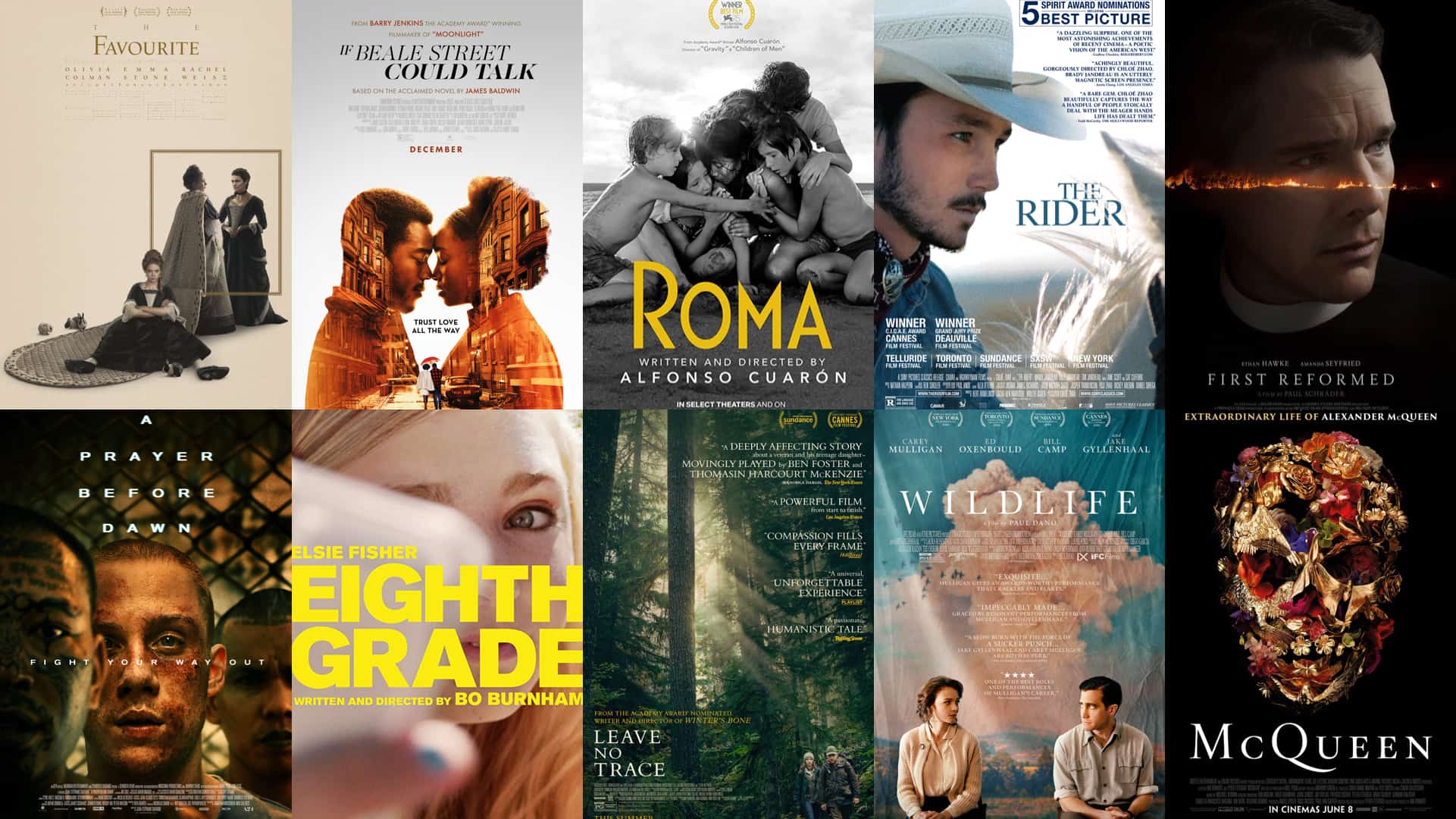The Greatest Independent Movies and the King of Independent Movie Financing
The Rise of an Independent Movie Mastermind
George Lucas is widely regarded as one of the greatest Independent movie financers of all time. In the 1970s, when he first pitched his idea for Star Wars, major Hollywood studios passed on his script. However, Lucas saw the potential and value in his idea when others didn’t. Despite being offered a standard salary, Lucas declined and instead negotiated to retain the merchandising and sequel rights in exchange for a lower upfront paycheque.
Merchandising and Sequel Rights
This decision proved to be incredibly lucrative for Lucas. When Star Wars became a massive success, the merchandising and sequel rights he retained were extraordinarily valuable. Lucas made an enormous amount of money from Star Wars merchandise and directly financed sequels The Empire Strikes Back and Return of the Jedi independently. By maintaining control over the franchise, Lucas had full creative freedom for the sequels. He established them as some of the most commercially and culturally influential independent films in cinematic history.

Financing Through Toys and Future Films
Lucas’ savvy financial decisions allowed him to independently finance future Star Wars films from his own pocket. When he finally decided to make the prequel trilogy many years later, Lucas once again secured merchandising rights for the new films before production began. This time, the Phantom Menace’s $115 million budget was funded entirely by toy deals and merchandising partnerships for the upcoming movie. Lucas pioneered a model of using future commercial prospects to financially support films prior to release.
The King of Independent Cinema
Through his unparalleled control over the Star Wars franchise, Lucas reinvented the paradigm of independent cinema. No other creator has come close to matching Lucas’ level of financial autonomy and freedom from studio limitations. He could take his time crafting new installments however he wanted, without pressure to sell or compromise his vision. Lucas truly embodied what it means run an independent film empire on his own terms.
Acclaimed Indie Films of Recent Decades
While Lucas was pioneering independent film production and financing in the 1970s-2000s, other beloved indie films were gaining recognition. Some notable critically acclaimed independent movies that have emerged since 2000 include:
Boyhood (2014)
Richard Linklater’s coming-of-age drama filmed over 12 years has been hailed as one of the greatest independent films of the 21st century. Telling the story of a boy aging from 6 to 18 against the backdrop of the changing world, Boyhood featured breakthrough naturalistic performances and represented a major cinematic achievement in chronical hyper-realism.
Moonlight (2016)
Barry Jenkins’ poetic portrait of a young black man grappling with his sexuality, identity and family won widespread acclaim and the Oscar for Best Picture. A profound LGBTQ story with universal themes of human connection and self-discovery, Moonlight dazzled audiences and critics with its sensitive exploration of challenging subject matter.
Memento (2000)
Christopher Nolan’s unique noir thriller about a man with anterograde amnesia trying to find his wife’s murderer was deemed completely unmarketable by studios when it was first made. Having backed Nolan’s earlier film, independent distributor New Line Cinema took a chance on distributing Memento themselves, against all odds. The film was a critical and financial success that has endured as an indie classic.
Financing Difficult Films in the New Millennium
As technology has progressed and provided more avenues for independent filmmakers, the landscape for independent cinema has continued to evolve since 2000. While securing major distribution remains a challenge, certain films have managed to find audiences through grassroots marketing and acclaimed festivals.
Donnie Darko (2001)
Richard Kelly’s enigmatic sci-fi thriller about a time-travelling teenager was also passed over by all distributors upon completion. After championing the film, New Line Cinema released it with little fanfare months after 9/11. Words failed to describe Donnie Darko’s surreal charm, and it soon gained a devoted cult following receptive to its complex mysteries.
Spotlight (2015)
Tom McCarthy’s investigative drama about the Boston Globe’s exposé of child sex abuse within the local Catholic Church nabbed the Best Picture Oscar. While presenting a disturbing real-world subject, Spotlight triumphed by humanizing its impact through emotional yet restrained storytelling. The film shone a necessary light on its revelatory journalism with subtleyet confident filmmaking.
Through passionate filmmakers pushing creative boundaries, and distributors courageously taking risks, independent cinema continues to thrive by bringing important, untold stories to audiences. With new platforms emerging, the future remains bright for independent movies to inspire and challenge viewers in their own unique ways.
